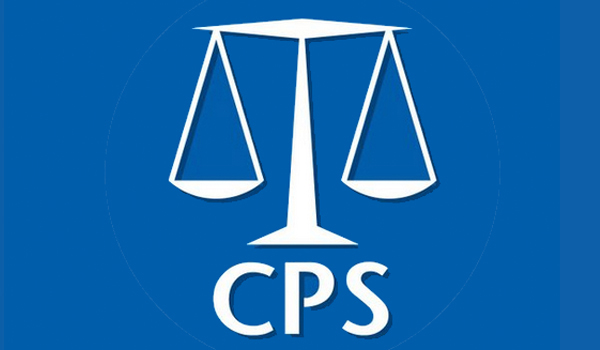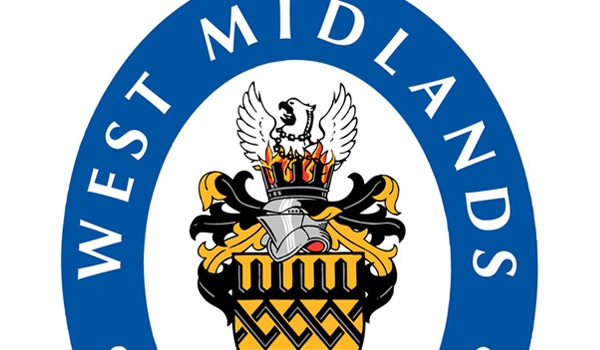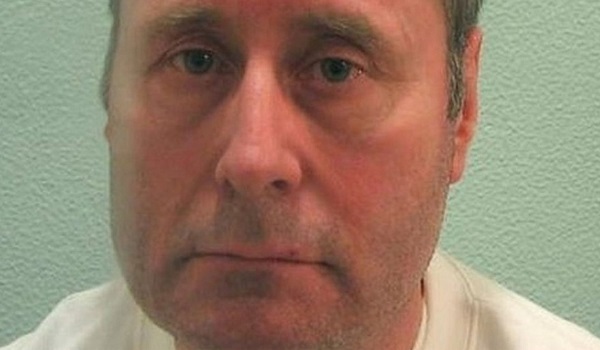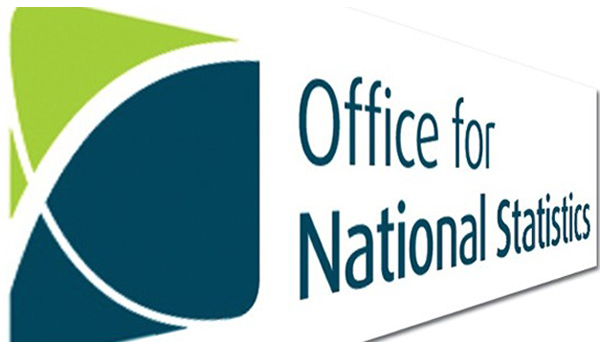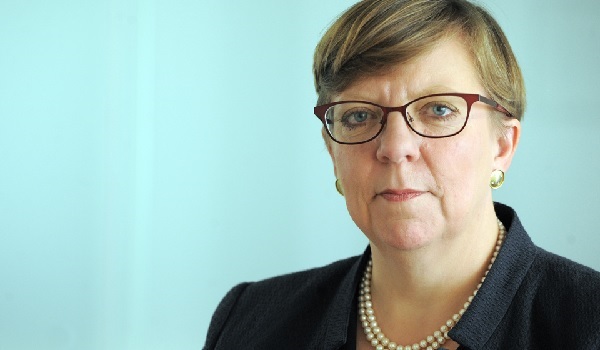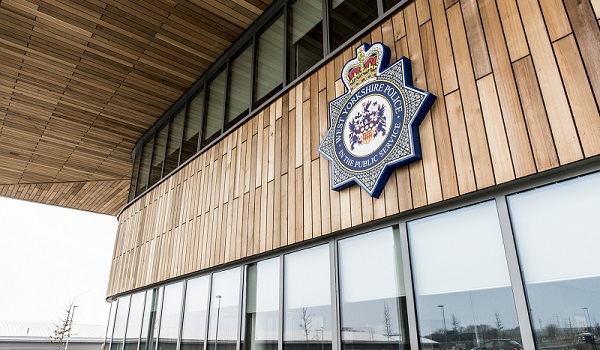CPS ‘action plan’ to improve prosecution rates for rape
The Crown Prosecution Service (CPS) has launched an action plan to address “collective concerns” about falling convictions in rape and sexual offence cases.
Responding to an article in The Guardian that ‘convictions for rapes in London were less likely than in 2015’, the CPS said the plan is designed to “boost the number of rape and serious sexual offence cases referred to it”.
The Guardian had raised concerns about falling convictions in rape and sexual offence cases in London, despite a rise in reports.
According to figures gathered from the Metropolitan Police Service and the CPS, it said reports of rape and sexual offences in London increased by 25 per cent between 2015 and 2020, but convictions dropped by almost a quarter, and the time it takes to bring charges of rape almost tripled.
Furthermore, The Guardian said “whereas one in nine reports led to a conviction five years ago, now only one in 16 results in a guilty verdict”.
The CPS said it shared these concern about the fall in prosecutions, which is why it has already launched “a programme of work to improve prosecution rates and volumes for rape and serious sexual offences across the country”.
“It is also important to note that conviction rates of cases prosecuted have increased,” said the CPS.
It added: “In London, both the police and the CPS have committed to an action plan to address our collective concerns about a decline in rape referrals. The plan is designed to boost the number of rape and serious sexual offence cases referred to the CPS by improving file quality and offering a better understanding of how decisions are made.
“The plan also sets out to improve communication between the CPS and police on reasonable lines of inquiry, mobile phone evidence and challenging myths and stereotypes around these offences.”
The CPS said regular surgeries to discuss early investigative advice on rape and serious sexual offences “have already built better relationships between the police and prosecutors in London” – helping to increase the timeliness and number of cases referred for a decision.
“There has also been a joint focus on training around the threshold test, reasonable lines of inquiry and early investigative advice, all designed to remove barriers that would delay a charging decision,” it added.
“Rape and serious sexual offences are very complex crimes, which is why the specialist team in London has been working with a local Sexual Assault Referral Centre to consider the use of medical and forensic evidence in these cases, to improve the experience for victims.”
The CPS said working to narrow the gap between the number of rape and serious sexual offences reported and cases going to court continues to be a major focus in London and across the country.
“The work London has been doing with the police is now resulting in an increase in the number of cases being referred to us for a charging decision,” it said. “We are confident that our joint working with police and partners will bring the improvements we all want to see, but the impact of these actions will take time to be seen.”
Victims’ Commissioner Dame Vera Baird said the criminal justice system plays “a critical role” in the national response to rape and domestic abuse.
She also expressed concerns about the drop in domestic abuse and rape prosecutions and cases charged.
“The Covid-19 pandemic continues to be a uniquely dangerous time for those subjected to domestic abuse and rape, and it is vital that they can access the justice they deserve,” said Dame Vera.
“Last week, the CPS published data showing that from April to June 2020 we saw a 39 per cent drop in prosecutions for domestic abuse cases, and a 55 per cent drop in prosecutions for rape cases, compared to the first three months of the year. This is unsurprising, given huge reductions in court capacity during the first few months of lockdown.
However, she said “more encouragingly” there was an increase in police referrals to the CPS during the same period.
“Domestic abuse referrals increased by eight per cent, rape referrals increased by 15 per cent. This shows that police were responding to and investigating domestic abuse and rape during the lockdown,” said Dame Vera.
“While this doesn’t mirror the huge surge in demand for national domestic abuse helplines, it does demonstrate that police were continuing to attend domestic abuse calls and investigate cases during the height of lockdown restrictions.”
But Dame Vera said it was concerning that, despite recent increases in police referrals, “the volume of suspects charged fell by three per cent across the same period for both domestic abuse and rape cases”.
She added: “It is important that we are able to understand what has led to this disparity and ensure that delays in charging decisions do not further exacerbate the time taken to prosecute.
“Taken together, this shows how vital it is that the courts increase capacity as quickly and effectively as possible, and prevent an overwhelming backlog of cases. Further delays to court cases can be devastating to victims and survivors, and we call on the Government to prioritise vulnerable victims and victims of domestic abuse as courts reopen.
“The criminal justice system plays a critical role in our national response to domestic abuse and rape, and there is much more to do if we are to give victims and survivors the confidence to come forward.”


